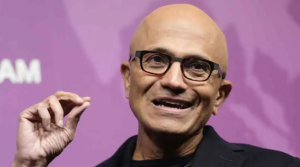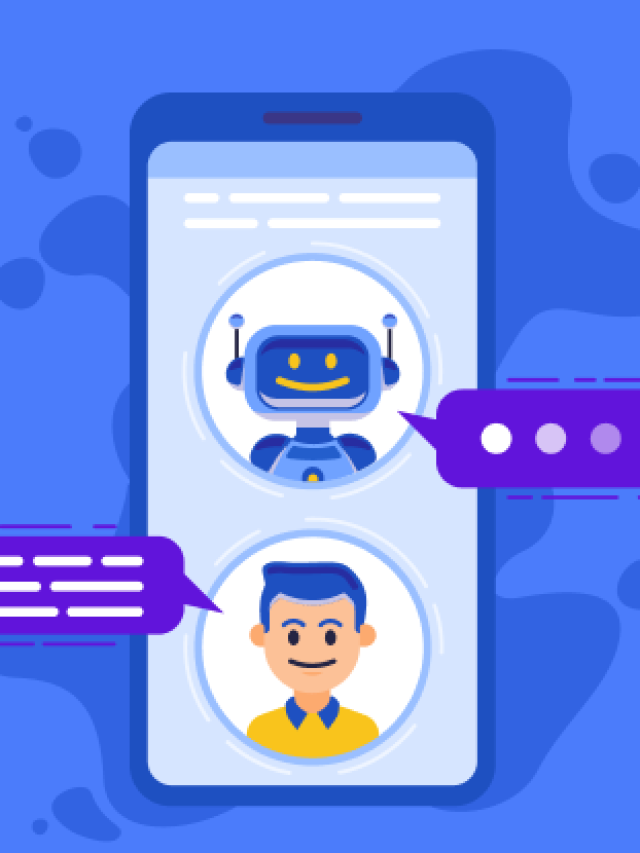Protest at Microsoft Build 2025: Employee Interrupts Satya Nadella‘s Keynote With “Free Palestine” Chant

The annual Microsoft Build conference is one of the most high-profile events in the global tech industry. It’s a space where developers, engineers, and leaders gather to explore the latest innovations and tools shaping the future of software and artificial intelligence. However, the 2025 edition of the conference took a dramatic and politically charged turn.
On May 19, 2025, during Microsoft CEO Satya Nadella’s keynote address in Seattle, the spotlight unexpectedly shifted. Instead of AI, cloud computing, or innovation, the world saw a powerful political protest unfold live on stage. Joe Lopez, a Microsoft engineer, interrupted Nadella’s speech shouting “Free Palestine” and condemning the company’s cloud and AI contracts with the Israeli government.
This incident sparked global conversations about ethics in tech, corporate responsibility, and the role employees play in holding their organizations accountable.
What Happened?
As Satya Nadella addressed thousands of developers and attendees, laying out Microsoft’s vision for the future of technology, Joe Lopez — a firmware engineer working on Azure hardware — stood up, climbed onto the stage, and loudly disrupted the presentation. His words were clear, forceful, and unapologetic:
“You are complicit in genocide. Microsoft Azure is being used by the Israeli military to commit war crimes in Gaza. Shut this down now. Free Palestine!”
Security quickly escorted him off stage, but not before the moment was captured on multiple livestreams and instantly went viral across social media.
Lopez’s protest was not random. It was part of a growing internal campaign within Microsoft known as “No Azure for Apartheid”, a coalition of employees opposing the company’s collaboration with the Israeli Ministry of Defense.
The Employee’s Perspective
Joe Lopez later sent a lengthy internal email to Microsoft’s employee network, addressing over 20,000 colleagues. In it, he wrote:
“We cannot remain silent as our labor is used to enable human rights abuses. As an engineer, I build the infrastructure that makes Azure powerful — and that same infrastructure is reportedly used to fuel war and surveillance against Palestinians.”
He added that the protest was not merely symbolic but a call to action. Lopez urged Microsoft to terminate its contracts with the Israeli government and to release a public statement in support of human rights in Gaza.
His email also called upon employees to reflect on their moral responsibility and demand transparency from leadership.
The “No Azure for Apartheid” Campaign
The campaign that Lopez is associated with has been gaining momentum within Microsoft over the past year. It argues that Microsoft’s cloud services — especially Azure and its AI tools — are being used by the Israeli Air Force’s Ofek 324 Unit, which specializes in intelligence and surveillance operations.
Activists claim that this technology supports mass surveillance, facial recognition, and other tools that can be weaponized in conflict zones like Gaza. They compare this collaboration to past controversies, such as Google’s Project Maven or Amazon’s ties with law enforcement.
The campaign demands:
- An immediate end to all Azure and AI contracts with the Israeli government.
- Transparency on how Microsoft’s technologies are being deployed in conflict zones.
- A public acknowledgment of the harm caused by such collaborations.
- Protection for whistleblowers and internal dissenters.
Microsoft’s Official Response
Microsoft responded swiftly to the incident. In a public statement released shortly after the disruption, the company said:
“We understand that this is a sensitive and complex issue. We respect the right of employees to voice their concerns and are committed to creating a safe environment for dialogue. However, we maintain that our technologies are not being used to harm civilians in any context.”
The company further stated that both internal and third-party investigations found no evidence of Azure being used in violation of human rights in Gaza. Microsoft emphasized its commitment to responsible AI and ethical partnerships.
Still, critics argue that the company’s response lacks transparency and fails to address deeper moral concerns.
Reactions From Inside and Outside the Tech Industry
Internal Reactions
Lopez’s protest has been met with mixed responses within Microsoft. While some employees condemned his method — disrupting a global event — many expressed solidarity with his message.
An internal Microsoft Teams channel titled “Ethical Tech Now” saw a surge in activity following the protest, with hundreds of employees discussing whether the company should reevaluate its government contracts. Several anonymous employees said they were inspired by Lopez’s courage and were considering similar actions.
External Reactions
Beyond Microsoft, the protest has reignited the broader debate about tech companies and their role in global conflicts. Many human rights organizations, including Amnesty International and Human Rights Watch, issued statements urging tech giants to adopt stricter ethical standards when engaging with governments involved in armed conflicts.
Social media platforms, especially X (formerly Twitter) and TikTok, were flooded with clips of the protest and the hashtag #FreePalestine began trending globally. Many praised Lopez as a whistleblower, while others questioned the mixing of political activism with professional events.
The Bigger Picture: Ethics in Big Tech
This protest is part of a larger trend. Tech workers across the world are becoming more vocal about the ethical implications of the products and services they help build.
In the past few years:
- Google employees protested against Project Maven, a Pentagon initiative using AI for drone surveillance.
- Amazon workers raised concerns about facial recognition tech being sold to police departments.
- Meta employees internally criticized how its platforms were being used to spread misinformation and hate speech in conflict zones.
Now, Microsoft finds itself at the center of this growing storm.
Tech companies are increasingly being held accountable not only for what their technologies can do but for how and where they are used. In an interconnected world, neutrality is no longer an option. If your software is being used in warzones, your company is part of that equation.
What Happens Next?
Microsoft faces a critical decision in the coming weeks. While they’ve downplayed the implications of Lopez’s protest, the pressure is mounting:
- Employees may organize further walkouts or disruptions.
- Investors and board members could demand a review of Microsoft’s military and government contracts.
- Consumer sentiment, especially among younger demographics, might shift.
Additionally, how Microsoft handles Lopez — whether he is fired, disciplined, or protected — will send a strong message about the company’s commitment to free speech and internal accountability.
Conclusion
Joe Lopez’s protest at Build 2025 wasn’t just a moment of disruption; it was a wake-up call. A wake-up call for Microsoft, for the tech industry, and for the world.
As powerful companies develop even more advanced tools of artificial intelligence, cloud computing, and surveillance, the question is no longer just about what we can build, but what we should build, and for whom.
Employees like Lopez are forcing these conversations into the public spotlight, even at great personal risk. In doing so, they are redefining what it means to be a tech worker in the 21st century — not just a builder of software, but a guardian of ethics.
The protest at Microsoft Build 2025 will be remembered not only for what was said on stage, but for what it represents: a clash between profit and principle, innovation and integrity.


